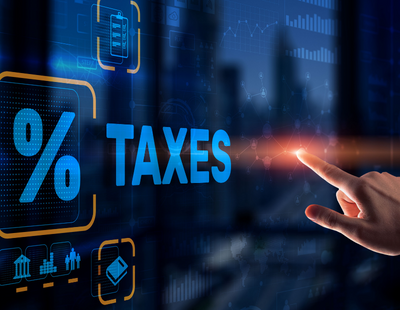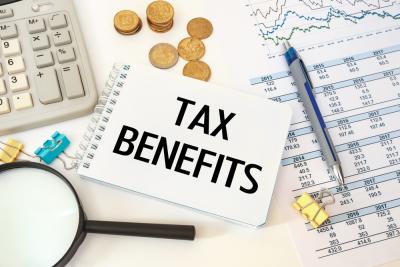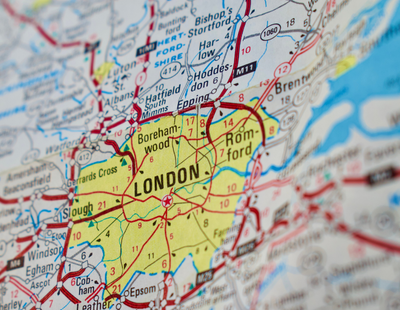The largest lettings agency in Scotland says purchases by landlords and other investor buyers in that country have risen sharply despite soaring taxes.
David Alexander, chief executive of DJ Alexander - part of Lomond - says: “Despite the much higher rate of property tax charged there remains a substantial increase in purchases by investors, landlords and second homeowners. This is surely testament to their resilience and belief in the Scottish market that they are buying properties in ever larger numbers because they want to invest in the private rented sector, or they wish to have a second home here.
“Either way they are contributing substantial levels of tax to the Scottish purse and should be encouraged to invest more in the future.”
Alexander has analysed that property taxes in Scotland exceeded £600m over the last 12 months: Scottish Government revenues from Land and Buildings Transaction Tax (LBTT - the equivalent of stamp duty) totalled £616.6m in the 12 months to February 2024.
This is slightly lower than the same period in 2022/23 when £621.0m was raised but is £212.8m (52.7%) higher than the pre-pandemic figure of £403.8m in 2019/20.
Of the £616.6m taxes raised £194.6m is from the additional dwelling supplement (ADS) which is charged on second homes and properties purchased by landlords and property investors to rent. This is 31.6% of the total raised and is £40.4m higher than the same period in 2022/23.
It is unclear what the breakdown of sales between second homeowners and property investors is but the number of second homeowners in Scotland has fallen 40.7% since its peak of 40,599 in 2012 falling to 24,061 in 2023.
Almost all the taxes raised arose from properties sold for more than £325,001.
The 16,350 transactions above this threshold raised £349.2m which is 82.7% of the total £422m raised in LBTT (this is the figure for residential sales with the ADS figures removed). This means that the average tax levied per transaction was £21,357.
David Alexander continues: “The truth is that property taxes are the gift that keeps on giving. Scottish homebuyers pay substantially more tax for their homes than their English counterparts. What is also true is that this doesn’t appear to be dampening the market which appears to be as resilient as ever.
“Taxes charged on property sales are now substantially higher than even three and a half years ago and remain a major source of revenue for the Scottish Government. However, increasingly the bulk of this income is dependent on transactions for properties worth more than £325,0001. Almost 90% of total revenues were generated from a few thousand buyers who contributed, on average, over £20,000 to buy a home in Scotland.
“Of course, if these buyers were to purchase their home in England, then they would not start to pay property tax of 10% until the value of their property was greater than £925,000. In Scotland, a home costing £325,001 is the starting point for the 10% levy. Furthermore, 12% is charged on properties selling for more than £750,000 whereas south of the Border this level does not kick in until prices reach £1.5m. It is clear, therefore, that Scottish homebuyers are being charged considerably more in tax for the privilege of owning a home north of the Border.
“LBTT, like Stamp Duty Land Tax (SDLT) in England, is an easy cash grab for governments. You can’t hide a home, so buyers simply have to pay up or move to somewhere where the purchase costs are not quite as punitive.
“Up until now this higher rate of tax does not seem to have put off buyers. Indeed, the market in Scotland has been flourishing in the last few years. But none of this is guaranteed to continue and given that personal taxes and property taxes are considerably higher in Scotland than the rest of the UK there may come a point at which workers and homebuyers say enough is enough and choose to buy elsewhere. Until that point though this remains a substantial revenue earner for the Scottish Government.”










.png)










Join the conversation
Be the first to comment (please use the comment box below)
Please login to comment